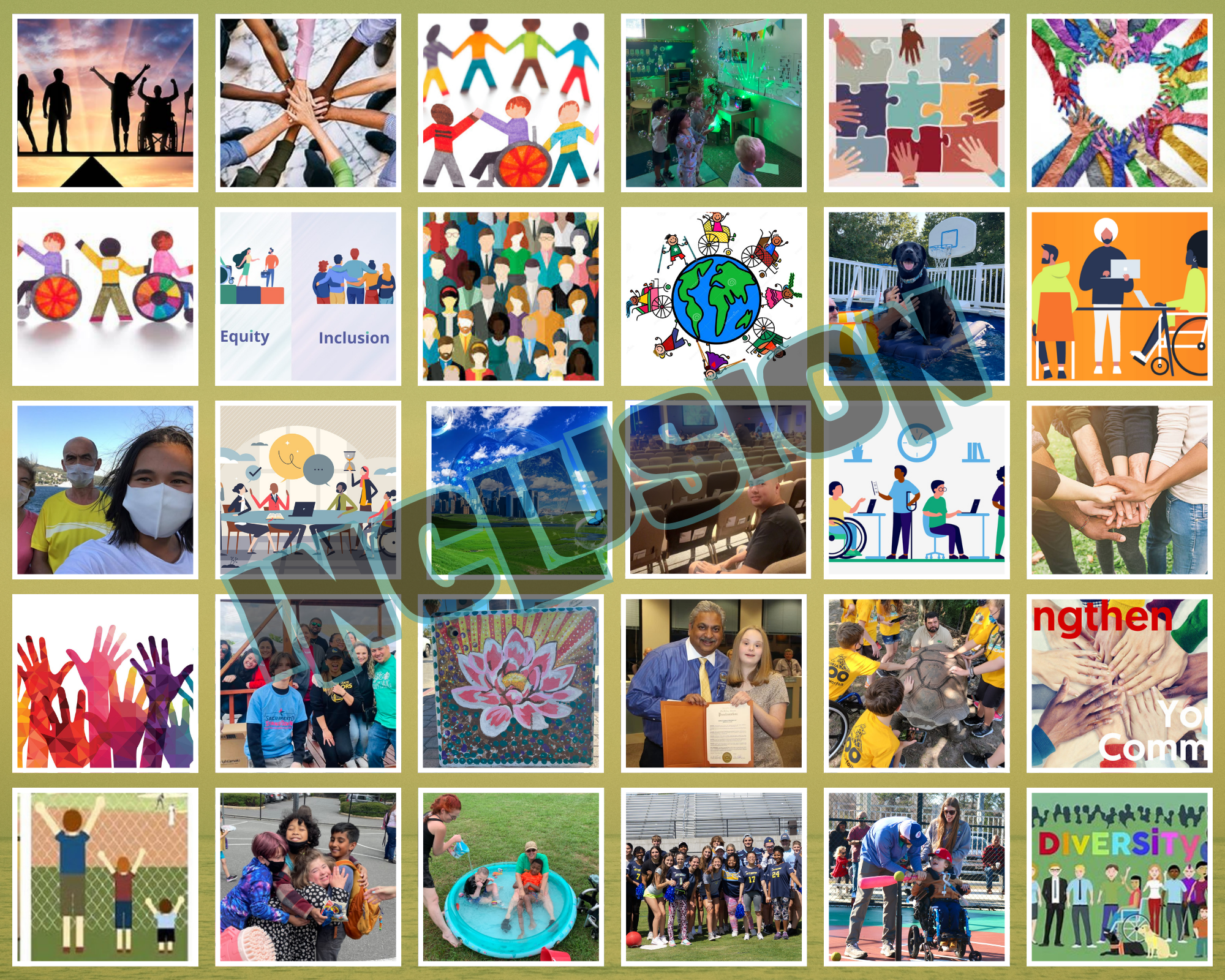Blog Categories
Recreational Therapy program partners with the National Inclusion Project

Arizona State University’s School of Community Resources and Development (SCRD) has formed a partnership with the National Inclusion Project (NIP) to bring accessible and inclusive recreation training to students. Dr. Kelly Ramella, a faculty member with ASU’s Recreational Therapy program, collaborated closely with Dr. Amanda Kloo, director of inclusive recreation at NIP, to develop an exclusive training for ASU students. This program, offered as part of SCRD’s Inclusive Community Development course, allows students to earn a Certificate in Accessible and Inclusive Recreation, making this advanced training both accessible and integrated into their academic journey.
The 10-hour, self-paced course designed by NIP offers students in-depth modules, assignments and activities to develop a strong foundation in inclusive recreation practices. The training equips students with best practices for creating recreation spaces that welcome people of all abilities, particularly focusing on supporting children with disabilities and their families. Students gain endorsement as Accessibility and Inclusion Advocates, empowering them to make recreational activities more inclusive, equitable and meaningful.
The collaboration has brought eye-opening insights for students, reshaping their understanding of the role universal design plays in creating inclusive recreational spaces. By exploring practical tools and approaches—such as using visual cues and creating flexible areas and/or alternative spaces—students are discovering how simple adjustments can foster a welcoming, social environment. One student explained that the big takeaway from the course was “realizing just how crucial it is to create environments where everyone feels valued and supported, regardless of their abilities or backgrounds.” This innovative training, made possible through the shared vision of Dr. Kelly Ramella and Dr. Amanda Kloo, prepares ASU students to be future advocates for inclusivity, creating recreational spaces where everyone feels accepted and empowered.